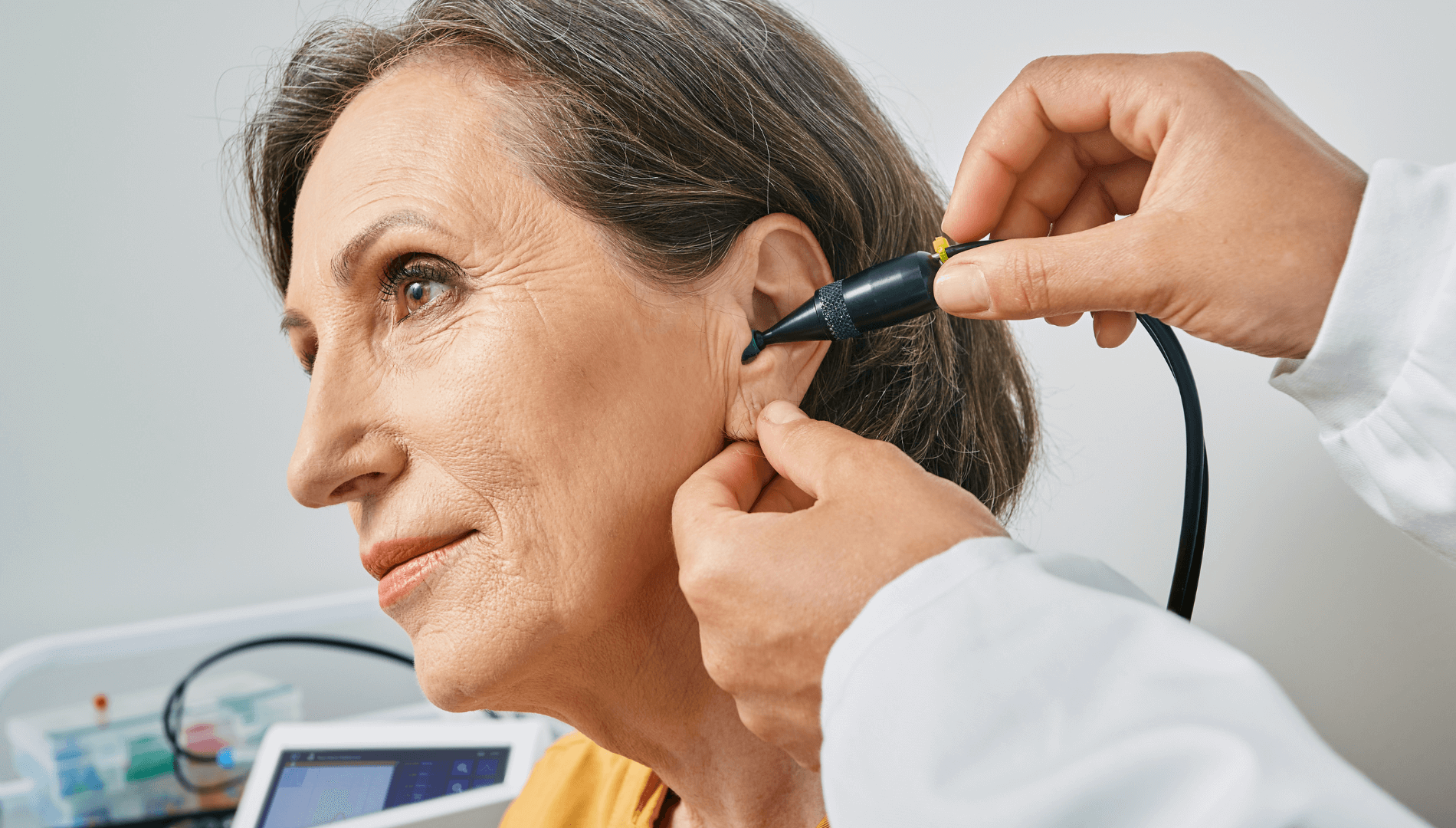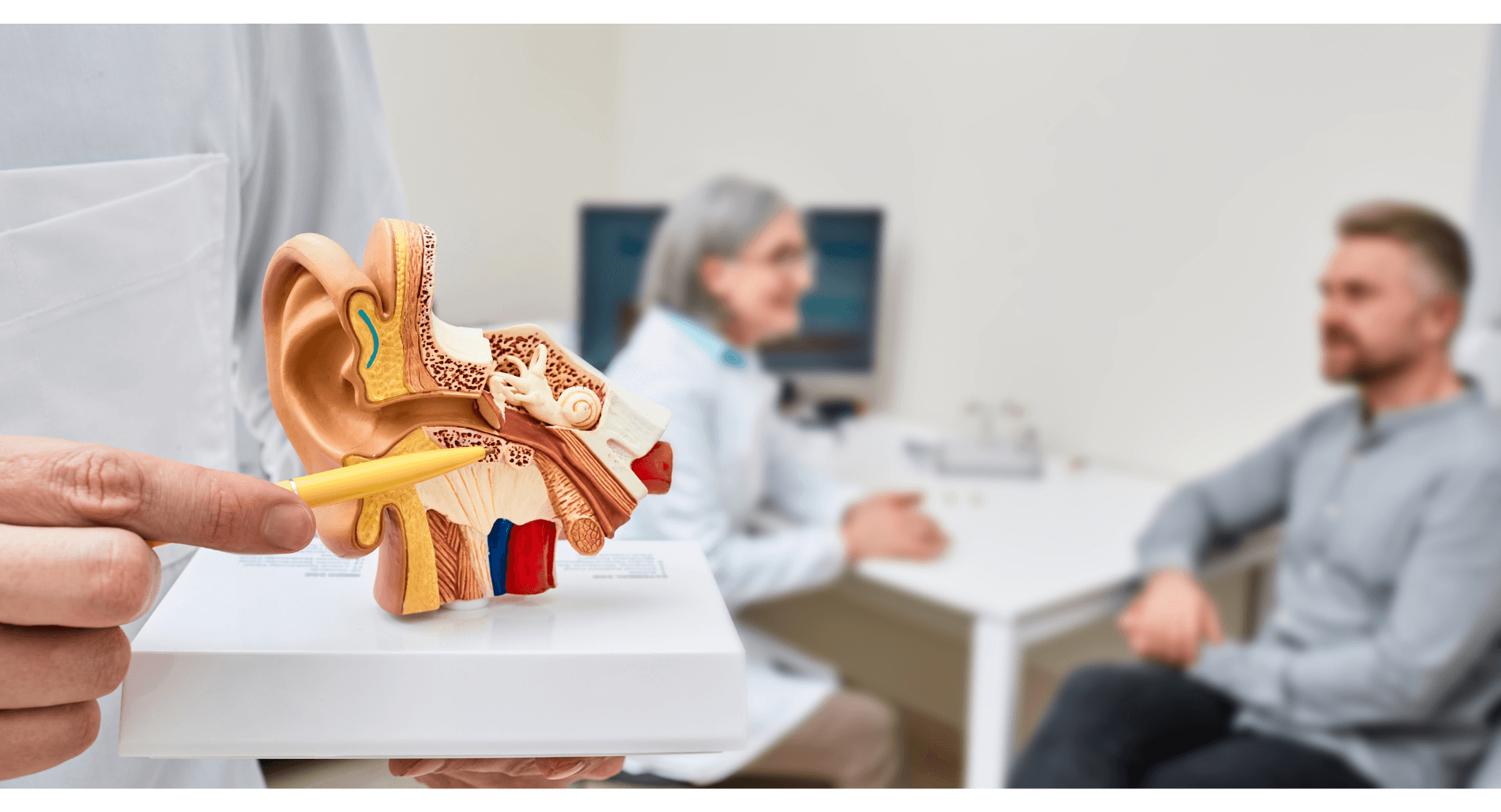
Maintaining your hearing is as important as caring for your vision or overall physical well-being. Yet, many people overlook hearing health until there’s a noticeable issue. Regular hearing tests are a proactive way to monitor changes and catch hearing loss early. With simple, routine exams, you can ensure your hearing stays sharp for years to come. Let’s explore why hearing tests are vital and how they help preserve your hearing health.
Understanding Hearing Loss
Hearing loss often happens gradually, so you may not notice it right away. It can range from mild to severe and affects one or both ears. The causes can vary from age-related changes to exposure to loud noises or even certain medications. Without routine hearing health exams, it’s easy for these gradual changes to go unnoticed until they start to interfere with your daily life. For many people, missing conversations, struggling with background noise, or needing higher volumes on devices are often signs that it’s time to see a hearing professional.
The Importance of Regular Hearing Tests
Just like you visit your dentist for cleanings or your eye doctor for vision checks, hearing health exams should be a regular part of your healthcare routine. These tests allow professionals to detect any early signs of hearing loss before they become more severe. By catching issues early, treatment options can be more effective, whether it’s using hearing aids, custom hearing protection, or other interventions.
Routine tests also establish a baseline for your hearing ability, so your hearing health professional can monitor changes over time. Regular checkups make it easier to track any gradual decline and address it as soon as possible. If you’re in a high-risk group, such as those frequently exposed to loud environments or those with a family history of hearing problems, regular testing is even more important.
What Happens During a Hearing Health Exam
A hearing test is a simple, non-invasive process that usually takes less than an hour. During the exam, you will likely sit in a quiet room wearing headphones, listening to a series of tones at different frequencies and volumes. Your hearing health professional will ask you to indicate whenever you hear a sound. This helps measure the quietest sounds you can detect, giving insight into your hearing range. Another part of the exam might involve listening to words and repeating them to check your ability to understand speech.
These results will be used to determine if you have any level of hearing loss and to recommend treatment options if needed. Your hearing health professional will explain the results clearly, ensuring you understand your hearing health and what steps to take next.
Benefits of Early Detection
Catching hearing loss early can make a significant difference in treatment outcomes. If detected soon enough, simple lifestyle changes, such as using hearing protection in noisy environments, can prevent further damage. If hearing aids are needed, starting them early can help your brain adjust more easily to amplified sound, preserving your ability to understand speech in complex environments.
Additionally, untreated hearing loss has been linked to other health issues, such as social isolation, depression, and even cognitive decline. Regular hearing tests help you stay proactive, not only about your hearing health but also your overall well-being.
Hearing Tests as a Preventive Measure
Even if you don’t notice any problems, it’s important to remember that hearing loss is often subtle at first. Many people assume that they’ll know right away if their hearing is deteriorating, but that’s not always the case. By getting regular hearing exams, you give yourself the best chance to catch any changes before they become significant.
For those who work in noisy industries, such as construction or music, or enjoy loud hobbies like shooting sports, regular hearing checks are especially important. These exams can identify any early signs of noise-induced hearing damage, allowing you to take action before it worsens.
How Often Should You Get a Hearing Test?
The frequency of your hearing exams depends on several factors. For adults over 50, a hearing test every year is recommended to monitor changes in hearing. If you’re under 50, you might only need an exam every three to five years unless you notice signs of hearing loss or work in a noisy environment. Children and teens should also have their hearing checked regularly, especially if they have a history of ear infections or other ear-related health issues.
In addition, anyone experiencing symptoms like ringing in the ears, difficulty following conversations, or trouble hearing high-pitched sounds should schedule an exam as soon as possible. It’s always better to check your hearing early and prevent any potential issues from escalating.
Taking Control of Your Hearing Health
Hearing loss can affect anyone at any age, but you have the power to protect your hearing. Regular hearing tests are one of the easiest ways to stay on top of your hearing health. By making hearing exams part of your routine, you can detect issues early, explore treatment options, and enjoy a higher quality of life for longer.

Virtual Support Groups for People with Hearing Loss
Matthew Favinger, M.S., F-AAA

Understanding the Anatomy of the Ear
Matthew Favinger, M.S., F-AAA

